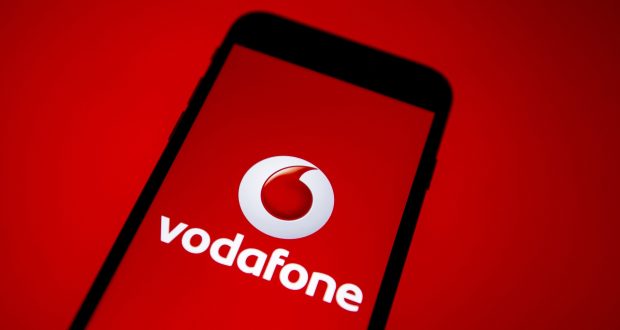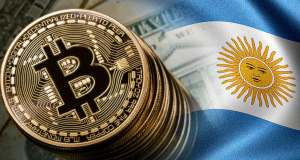Is Facebook's Libra beginning to look like an elaborate bluff? Or was it just another crypto hype from the very start? Well, dark clouds start to gather over Zuck's newest enterprise as the British telecom giant, Vodafone leaves the project. The Finacial Times broke the news later last week, adding to the whole litany of problems, faced by Mark Zuckerberg.
There are already serious doubts if Libra will really take off the ground, following the reporting done by Reuters last month. What is certain, Libra will not meet its deadline of being fully operational this year, 2020. So, the sweet words we all heard from Facebook's execs were just a dream? Rewind to their statement from June 2019 to find out for yourself.
They promised us the "future": a cryptocurrency and a fully integrated wallet, synced with its key products, Messenger, WhatsApp as well as a standalone app. Sure, Libra and the Facebook subsidiary responsible for its delivery, Calibra were not lacking in ambition. Quite the opposite: their very aim was to set the new standard in blockchain technology.
Why Is Facebook Interested in Crypto? And Why Does It Need Back Up?
But there is no way that Facebook can manage it alone. This is why it is so reliant on strategic partners, such as Vodafone. Seamless integration of everything they are promising to deliver would be quite a feat. Facebook might be trying to redefine connectivity as we know it. But to change the way we communicate, it will require access to markets and expertise.
This is exactly where players like Vodafone come in.
All the grilling in the US Congress convinced Zuckerberg that doing things "solo" does not pay off. In all the recent privacy and security scandals, Facebook took a quite beating. Why? Because it was the market leader and the most visible player out there. There are thousands, if not millions of smaller guys who are just as guilty or complicit.
This is also why Libra started off as a consortium of many different companies. After the departure of Vodafone, the project is still backed by 27 companies in the finance and technology sector. But the number is slowly shrinking: Mastercard, PayPal, and Visa, the more well-known, household names have already left the project. Despite the initial, $10 million investment they have all put in.
So Why Are the Big Players Waving Goodbye to Libra?
Partially, because they want to focus on developing their own rival products or services. This is exactly what Vodafone is set on doing: it has already unveiled its plans for M-Pesa, a mobile money payments service. But there are other frustrations, which are connected to Facebook's micro-management of the project.
Factor in regulatory concerns, and policy-makers open hostility towards Facebook, then none of this bodes well for Libra. But Zuckerberg says he has got it covered with an open governance blueprint, called Libra 2.0. These recent developments, however, point to the fact that things can go sour very quickly. Face it, Zuck maybe it is time to scale down and leave blockchain for later?
 You, Me, and BTC Your Liberty & Bitcoin Podcast
You, Me, and BTC Your Liberty & Bitcoin Podcast






